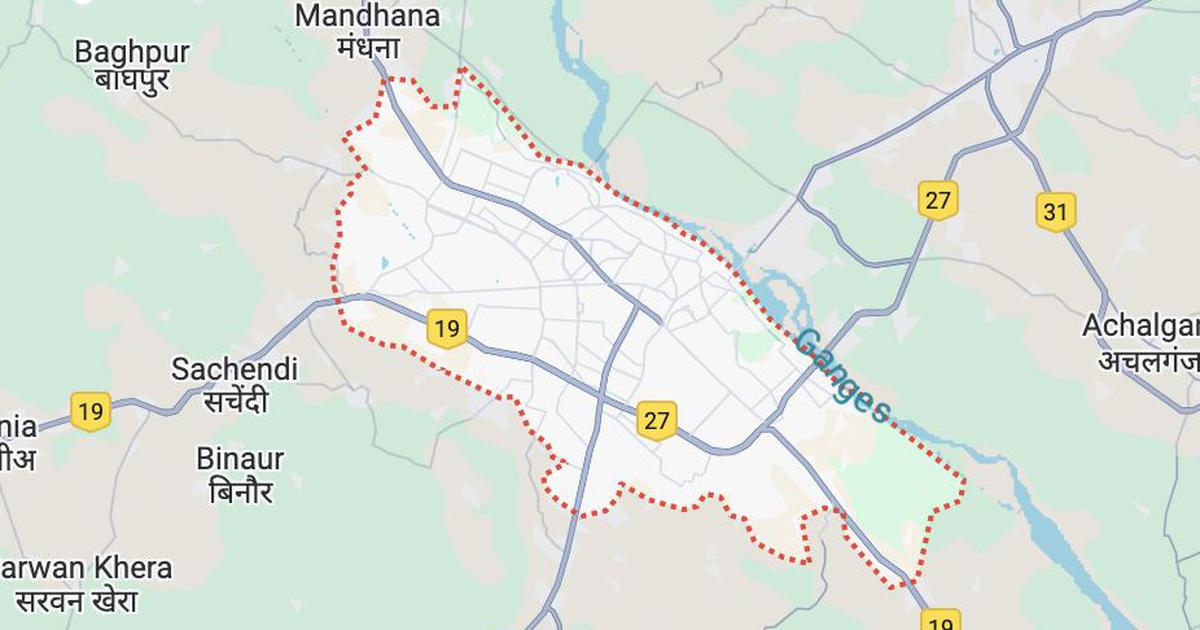
On March 30, Assam Chief Minister Himanta Biswa Sarma claimed before the Assam Assembly that no lives were lost during the update of the National Register of Citizens (NRC) in Assam. This was his official submission in response to a question raised by Congress Member of Legislative Assembly (MLA) KD Purkayastha.
The chief minister submitted that 31 people had died in transit camps for declared foreigners (the new preferred nomenclature of detention centres), but there was “no evidence of death due to NRC updating exercise.”
However, as Citizens for Justice and Peace (CJP) have revealed earlier, at least 58 people had died due to a plethora of citizenship related issues by Just 2019 alone! We had published a compilation of deaths related to the citizenship issue in Assam as of July 18, 2029, and found that out of the 58 dead, 9 were women. Those who died hailed from low income, underprivileged and marginalised backgrounds. Many were living hand to mouth as daily wage labourers. While 28 of those who died are Hindus, 27 are Muslims, one Boro, one Gorkha and one member of Tea Tribes.
Now, even if we exclude the deaths that took place in detention centres (many under inexplicable circumstances), deaths of people dealing with IMDT, D Voter or suspected foreigner cases, we are still left with deaths due to suicide due to anxiety over inclusion in the NRC. This comes to at least 33 instances where the deaths are connected with NRC. And 33 is not zero!
Our compilation as of July 2019 i.e approximately a month before the final NRC was published on August 31, 2019, may be viewed below:
Moreover, the anguish of people did not end with the update of the NRC. Over 19 lakh people excluded from the NRC are now required to defend their citizenship before Foreigners’ Tribunals (FT) and that itself is a harrowing process requiring one to spend time, money and energy on repeated appearances, all the while bearing the burden of proof. Unlike criminal cases where it is the prosecution’s responsibility to establish the defendant’s guilt, in citizenship cases, it is upto the person against whom proceedings are being held to provide evidence of Indian citizenship. Not only do they have to produce documents from acceptable authorities, they also have to prove that the documents are authentic.
Then there is the delay in revealing the reason for rejection, something that is crucial for NRC excluded people to begin the above-mentioned FT proceedings. Add to that the fact that a large chunk of these people are from economically weak backgrounds, and would require free legal aid, but the quality of that is questionable. As CJP found during a survey of 10 District Legal Services Authorities (DSLA) centres – these places lacked both infrastructure as well as adequately trained personnel who could help the hapless people of Assam.
Therefore, the situation requires a more compassionate and nuanced solution from the state government, instead of irresponsible and inaccurate submissions by its most powerful minister.
This article first appeared on newsclick.in






